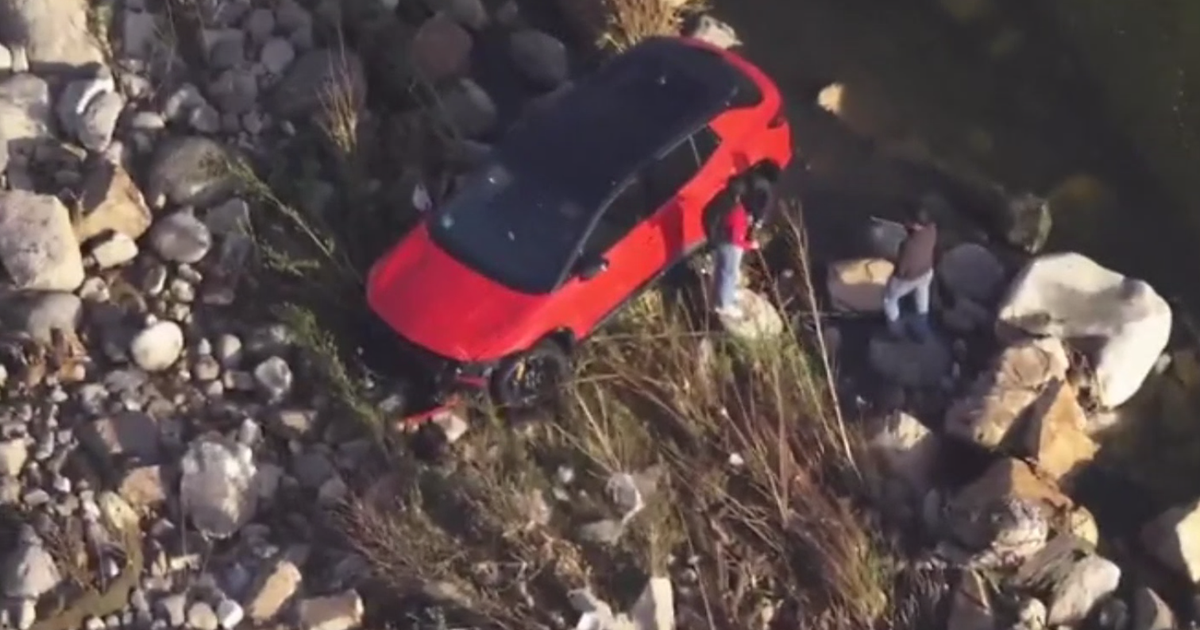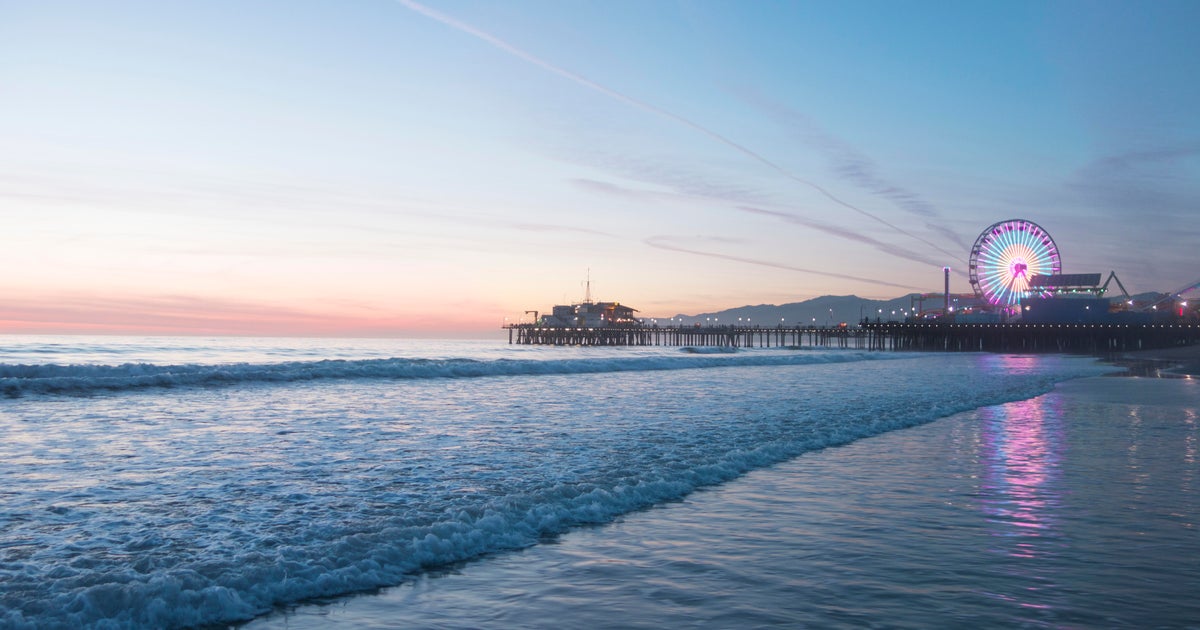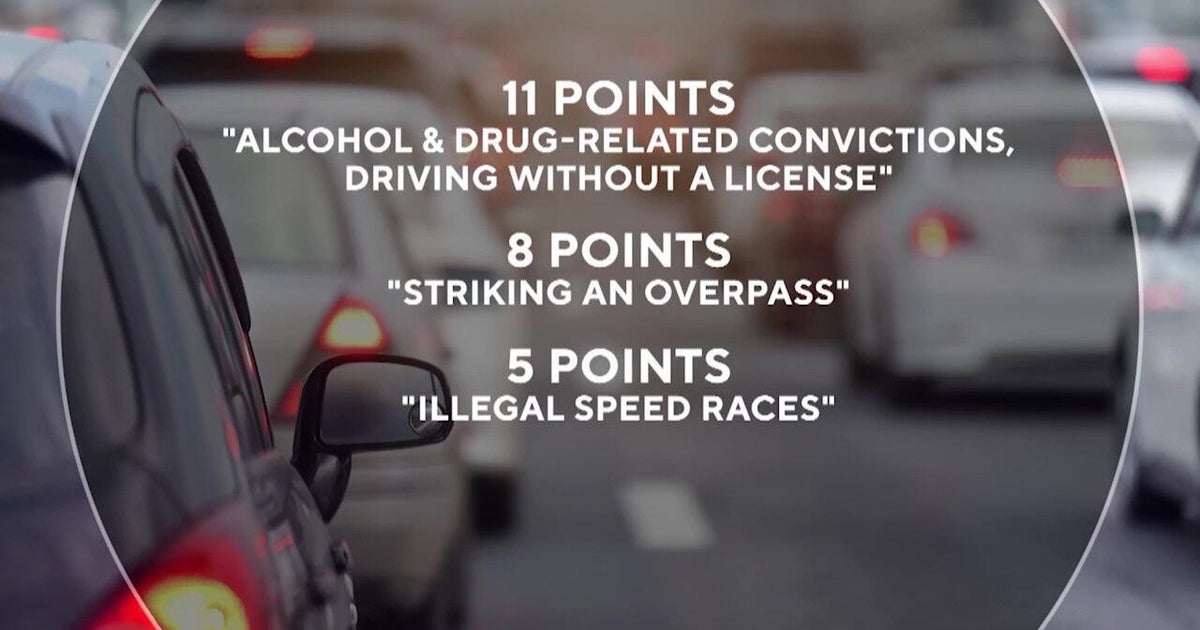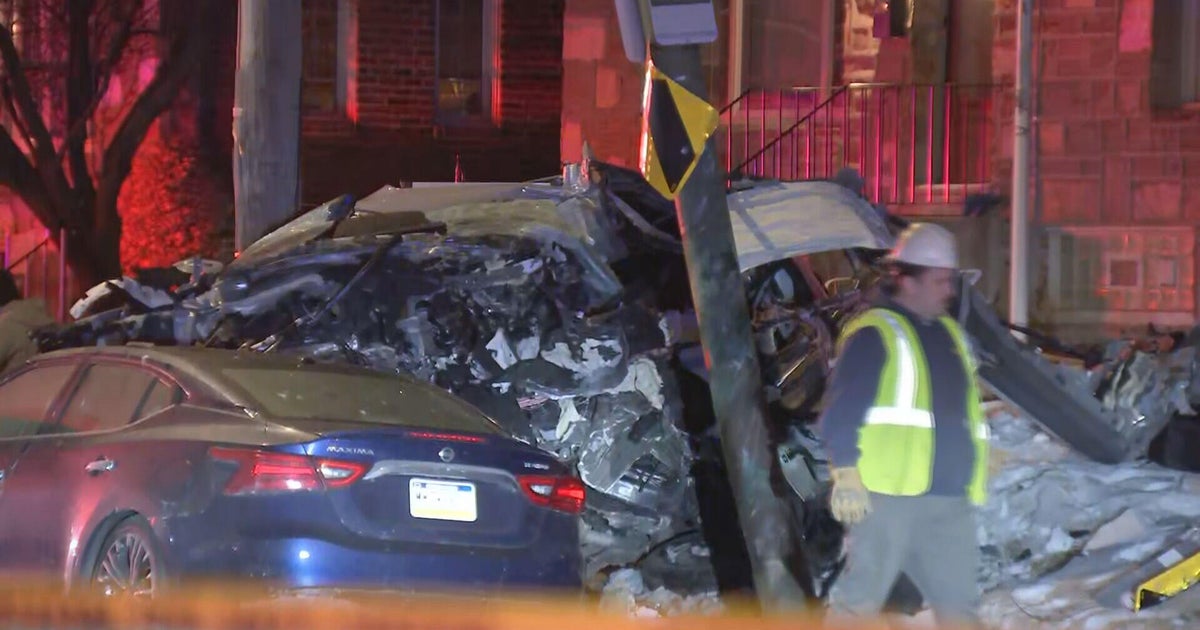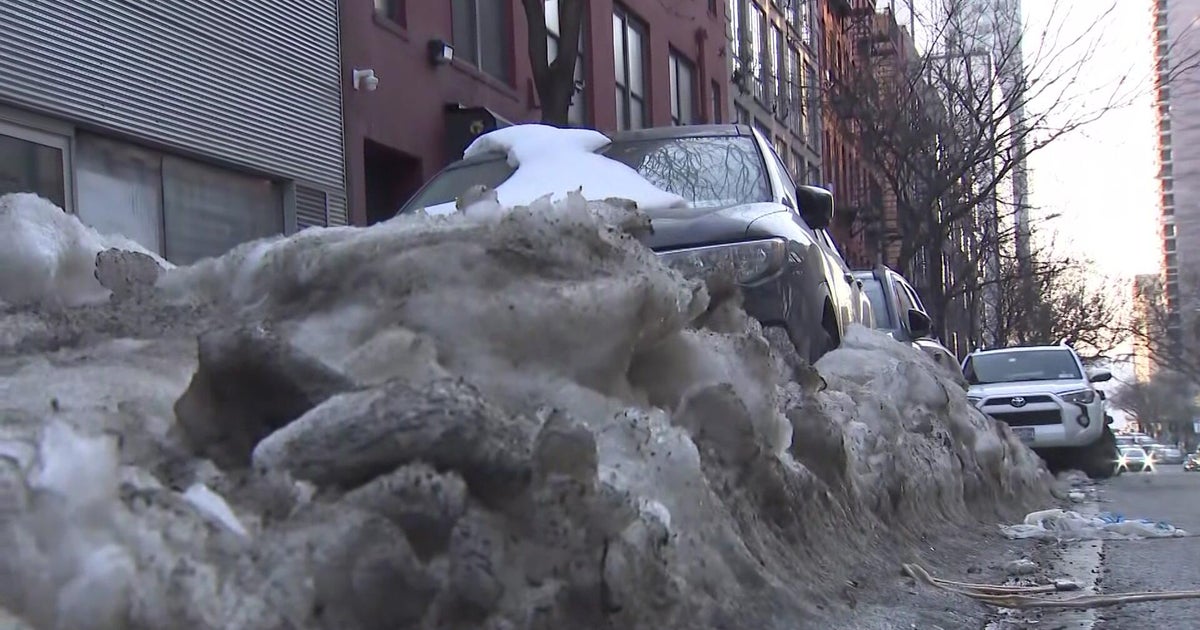Uber Backs Down, Pulls Self-Driving Cars Off Calif. Roads
LOS ANGELES (CBSLA.com/AP) — Uber pulled its self-driving cars from California roads after state regulators moved to revoke their registrations, officials said Wednesday.
The move comes after a week of talks between the ride-hailing company and state regulators failed.
Hours after Uber launched the service in its hometown of San Francisco last Wednesday, the Department of Motor Vehicles threatened legal action if the company did not stop. The cars need the same special permit as the 20 other companies testing self-driving technology in California, regulators argued.
Uber maintains it does not need a permit because the cars are not sophisticated enough to continuously drive themselves, although the company promotes them as "self-driving."
The DMV said the registrations for the vehicles were improperly issued because they were not properly marked as test vehicles. It invited Uber to seek a permit so their vehicles could operate legally in California — an offer the company said it did not plan to accept.
"We have stopped our self-driving pilot in California as the DMV has revoked the registrations for our self-driving cars," Uber said in a statement. "We're now looking at where we can redeploy these cars but remain 100 percent committed to California and will be redoubling our efforts to develop workable statewide rules."
The ride-sharing company says the cars must constantly be monitored by a human driver trained to take control at any time, so they don't fall under California's permitting requirements for "autonomous vehicles."
On Dec. 14, the day Uber started in self-driving program, a San Francisco taxi cab company recorded video of an Uber self-driving car apparently running a red light.
In response to the video, Uber issued the following statement:
"This incident was due to human error. This is why we believe so much in making the roads safer by building self-driving Ubers. This vehicle was not part of the pilot and was not carrying customers. The driver involved has been suspended while we continue to investigate."
Parsing the definition of an autonomous vehicle is the latest example of Uber testing legal boundaries. In recent years, the company has argued with authorities in California and elsewhere about how to check the criminal backgrounds of its human drivers and whether those drivers should be treated as contractors or employees.
San Francisco is Uber's second self-driving city; its first cars have been cruising around Pittsburgh since September. The testing lets Uber identify glitches and gives everyday people a chance to interact with the technology — whether as a passenger, pedestrian or driver in another car.
As its engineers improve the technology, Uber plans to bring self-driving cars to other cities.
Operating without a permit arguably gives Uber a competitive advantage. Companies with one must report all crashes to the state and every instance in which a person takes control during testing. All that information is public.
Waymo, a self-driving company created by Google that has a state permit, has disclosed 29 accidents involving its vehicles on public streets since 2010.
In Pittsburgh, Uber has not been required to release any information about crashes.
Waymo CEO John Krafcik declined to discuss Uber specifically when asked last week about California's permitting requirements for testing self-driving cars. But, he said, "If there is a competitor taking unnecessary risks, that could be a bad thing."
It didn't take long for Uber's self-driving cars to draw unwanted attention in San Francisco. Several witnesses documented instances where Uber Volvos didn't stop for red lights.
Uber said one incident in front of the city's Museum of Modern Art illustrated why its cars require constant monitoring by a human driver — and therefore didn't need a state permit.
San Francisco also has an active bicycle culture, and some have criticized Uber for deploying cars that make right "hook" turns across bike lanes at intersections.
The executive director of the San Francisco Bicycle Coalition said that on a test ride Uber gave him before the launch, the car twice made such turns. Brian Wiedenmeier said he told Uber officials and they promised to fix it. He said he got reports of other such turns on the pilot project's first day, but not since.
Before the San Francisco launch, the company said it told all employees sitting in the driver's seat to take the wheel for such turns.
(TM and © Copyright 2016 CBS Local Media, a division of CBS Radio Inc. and its relevant subsidiaries. CBS RADIO and EYE Logo TM and Copyright 2016 CBS Broadcasting Inc. Used under license. All Rights Reserved. This material may not be published, broadcast, rewritten, or redistributed. The Associated Press contributed to this report.)
